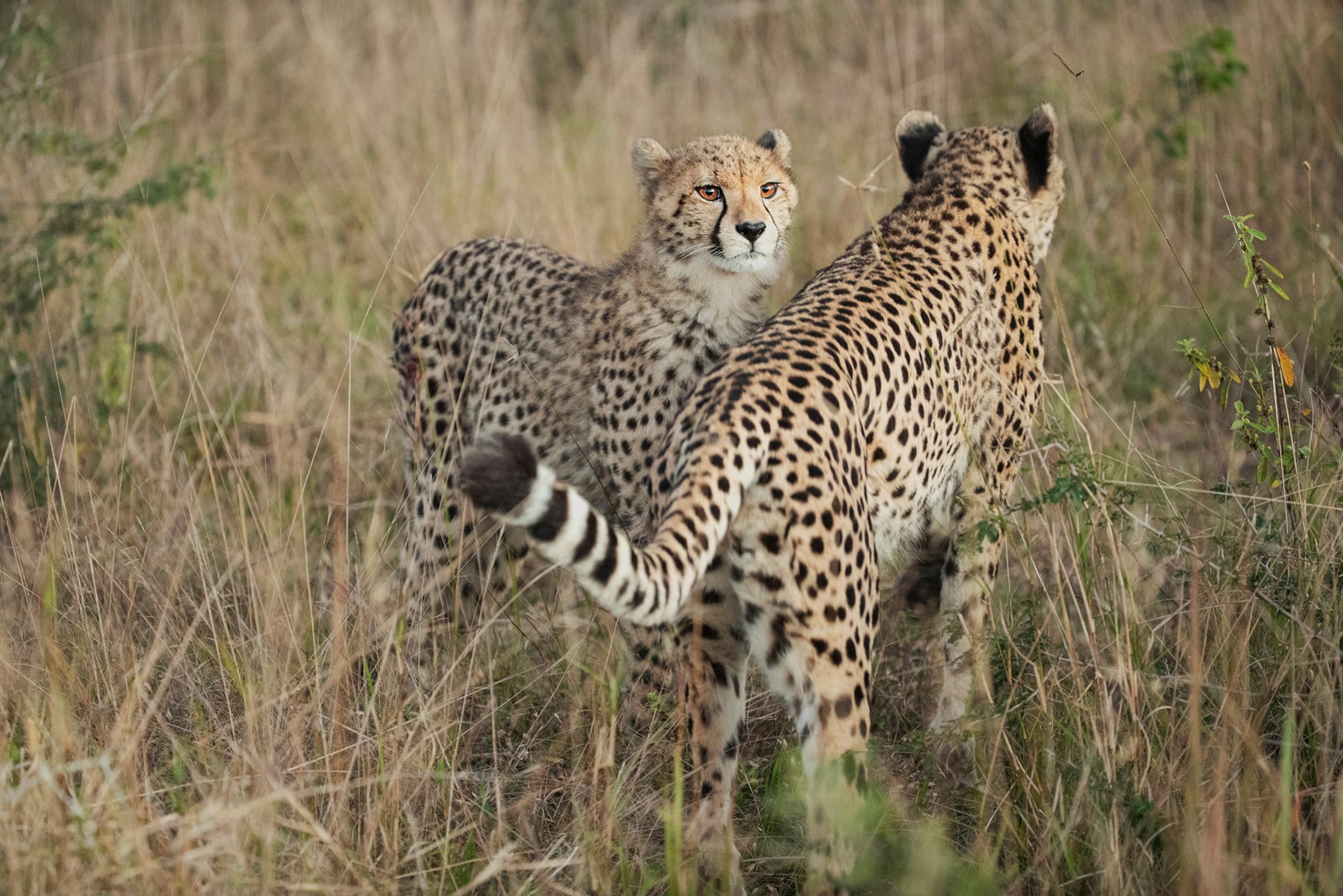The bushmen in kalahari Desert have lived in harmony with nature for thousands of years, mastering survival in one of the most challenging landscapes on Earth.
Introduction
Imagine walking through a vast desert, where golden dunes stretch endlessly, and the sun paints the sky in shades of orange. In this arid land, an ancient community thrives—the Bushmen in the Kalahari Desert. These indigenous people, also known as the San, have lived in the region for thousands of years. Their deep connection with nature, survival skills, and unique culture make them one of the most fascinating communities in Africa.
Table of Contents

Who Are the Bushmen in the Kalahari Desert?
The Bushmen, or San people, are among Africa’s oldest indigenous groups. They have lived in the Kalahari Desert, which spans Botswana, Namibia, and South Africa, for over 20,000 years. Unlike modern societies, they rely on hunting, gathering, and an intricate knowledge of the land to survive.
Despite challenges like climate change and modernization, the Bushmen continue to preserve their traditional way of life. Their language, known as Khoisan, features distinct click sounds, making it one of the most unique languages in the world.
The Kalahari Desert: A Harsh but Beautiful Home
The Kalahari Desert may seem inhospitable, but the Bushmen have mastered the art of survival in this dry environment. The desert is not just endless sand; it is home to diverse wildlife, including antelopes, lions, and meerkats. The Bushmen use their deep knowledge of the land to track animals, find water sources, and collect edible plants.
How Bushmen in Africa Hunt and Gather
Unlike modern hunters, the Bushmen rely on traditional hunting techniques. They use bows and poisoned arrows to hunt animals. The poison, made from plants and beetles, allows them to track wounded prey over long distances.
Gathering is just as important as hunting. Women and children collect nuts, berries, roots, and tubers, which make up a large part of their diet. They know exactly where to find food in the desert, ensuring their survival even in harsh conditions.
The Unique Culture of the Bushmen in Kalahari Desert
Storytelling and Rock Art
The Bushmen have a rich storytelling tradition. Elders share myths, legends, and survival knowledge around the fire at night. These stories help pass down wisdom to younger generations.

They also express their culture through rock art. The caves and rock shelters of the Kalahari hold ancient paintings that depict animals, hunting scenes, and spiritual rituals. These artworks are thousands of years old and provide insights into their beliefs and way of life.
Connection with Nature and Spiritual Beliefs
The Bushmen believe that nature and spirits guide them. They practice trance dances, which are spiritual rituals performed to heal the sick and communicate with ancestors. During these dances, they enter a deep trance state, allowing them to connect with the spirit world.
Challenges Facing the Bushmen in Africa
Despite their resilience, the Bushmen face serious challenges. Governments have relocated many from their ancestral lands to make way for farming, mining, and conservation projects. This displacement threatens their culture and way of life.
Additionally, climate change has made food and water sources more scarce, forcing some Bushmen to adapt to modern lifestyles. However, efforts are being made to protect their rights and preserve their traditions.
Why the Bushmen in Kalahari Desert Matter
The Bushmen are a living link to humanity’s past. Their way of life provides valuable lessons about sustainability, survival, and the deep connection between humans and nature. By supporting cultural preservation efforts, we can help protect one of Africa’s most ancient and remarkable communities.

Conclusion
The Bushmen in Kalahari Desert are a symbol of resilience and harmony with nature. Their traditional knowledge, hunting skills, and storytelling traditions offer a glimpse into an ancient way of life. While they face modern challenges, their cultural heritage remains strong. Visiting the Kalahari Desert and learning about the Bushmen can be a truly eye-opening experience, allowing us to appreciate the wisdom of one of the world’s oldest communities.

